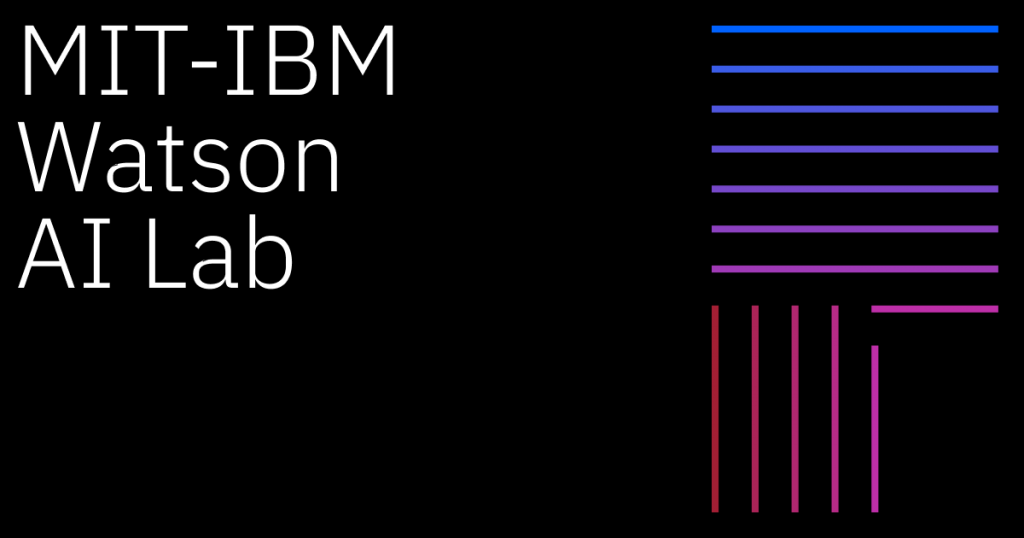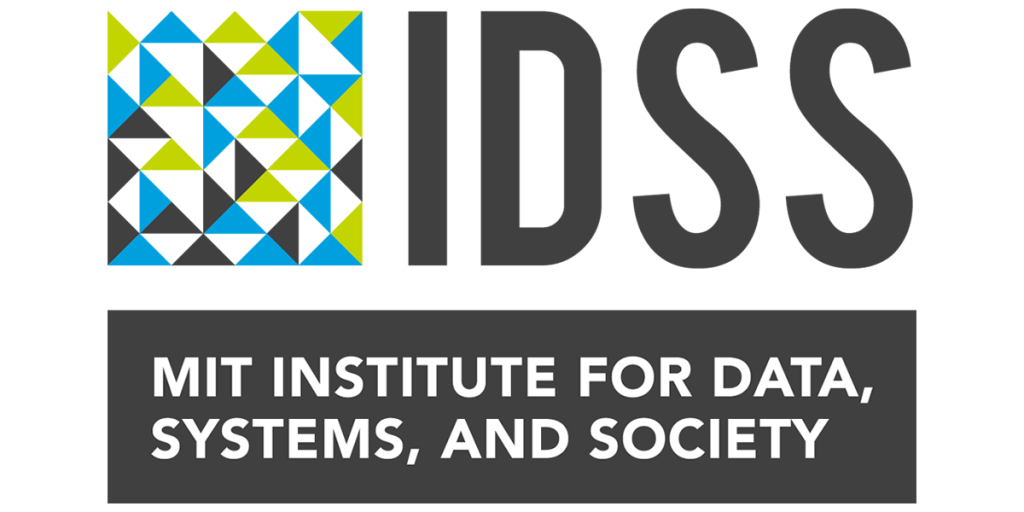How hard is it to prevent recurring blackouts in Puerto Rico?
Using the island as a model, researchers including Marija Ilic demonstrate the “DyMonDS” framework can improve resiliency to extreme weather and ease the integration of new resources.

The IDSS Initiative on Combatting Systemic Racism (ICSR) launches and coordinates cross-disciplinary MIT research aimed at identifying and overcoming racially discriminatory processes and outcomes across a range of American institutions and policy domains. The effort brings together faculty and researchers from all five schools and the Schwarzman College of Computing at MIT, as well as partner institutions. Building on the extensive social science literature on systemic racism, our focus is to use big data to develop and harness computational tools that can help effect structural and normative change towards racial equity.

Director, SSRC
Associate Director, IDSS
Ford International Professor in the Social Sciences
Chair, PhD Program in SES
Steering Committee
The ICSR steering committee comprises faculty members from across MIT’s five schools. Members advise on the activities of the initiative and help disseminate findings beyond MIT. Chancellor Melissa Nobles (Professor of Political Science) has agreed to head this committee. The other members are: Emery Brown (BCS), D. Fox Harrell (CMS), Christine Ortiz (DMSE), Ray Reagans (Sloan), Larry Sass (Architecture) and Collin Stultz (EECS).

Existing research has shown racial discrimination and systemic inequity across essentially all sectors of society. While we recognize that these sectors are often highly interrelated, research under the initiative will be organized into multiple ‘verticals’ including the following:
Additional verticals will be added in the future as the initiative grows.
Foundational to this work will be the creation of a data lake of observations from a wide array of U.S. institutions where systemic racism is known to or has the potential to affect decision-making and lead to inequitable policies, services and other outcomes based on race. This repository of data will provide a platform for the computational research conducted, to improve on scholarship and policy proposals addressing systemic racism.
In addition, we will establish connections and directly collaborate with URM researchers and students. We will also connect with community organizations in minority neighborhoods that often bear the brunt of the direct and indirect effects of systemic racism, as well as with local government offices that work to address inequity in service provision in these communities to see how our research can help inform relevant policy decisions.
Project teams will bring together researchers with expertise in causal inference and mechanism design, domain experts in various aspects of race, and humanists and social scientists with expertise in collective human and institutional behavior particularly in relation to racial issues.
The IDSS/SSRC Combatting Systemic Racism Seed Fund Program supports innovative, early-stage cross-disciplinary research projects from across MIT with a focus on combatting systemic racism. Through these grants, IDSS and SSRC seek to encourage collaborations that bring together new ideas from information and decision systems, data sciences and statistics, and the social sciences to identify and overcome racially discriminatory processes and outcomes across a range of U.S. institutions and policy domains.
Using the island as a model, researchers including Marija Ilic demonstrate the “DyMonDS” framework can improve resiliency to extreme weather and ease the integration of new resources.
Marzyeh Ghassemi among those honored with fellowships to advance research on beneficial AI.
In a recent commentary, a team from MIT, Equality AI, and Boston University including senior author Marzyeh Ghassemi highlights the gaps in regulation for AI models and non-AI algorithms in health care.
AWS Machine Learning – The Grad Project

Ben Lewis and Jessy Han represented the Policing vertical in an online event on Tuesday, September 19, 2023 at 2:00pm. Ben and Jessy discussed their work on creating datasets using criminal justice, housing, social media, and other public data linked to areas in our society most influenced by systemic racism.








Interested in participating? Reach out to icsr@mit.edu.